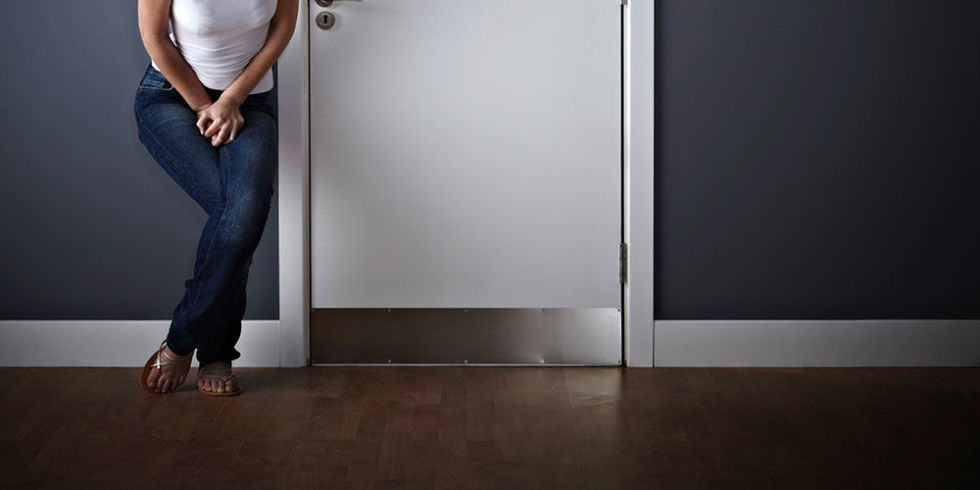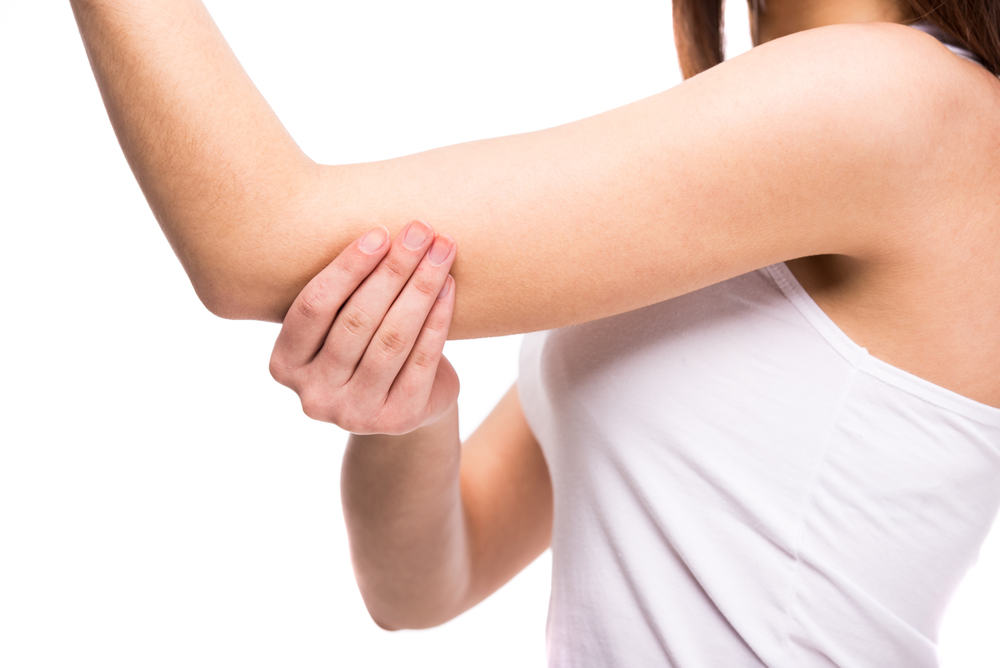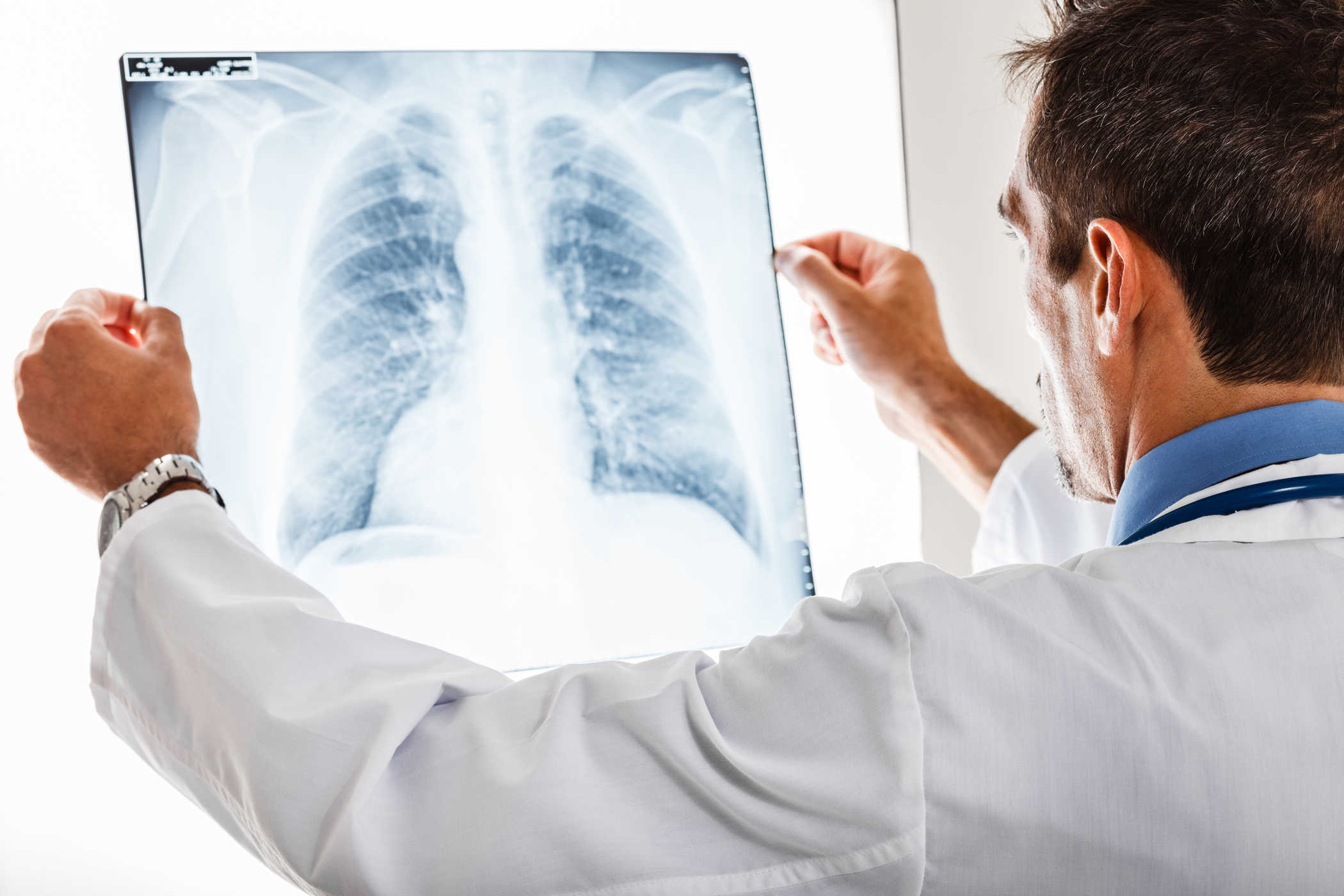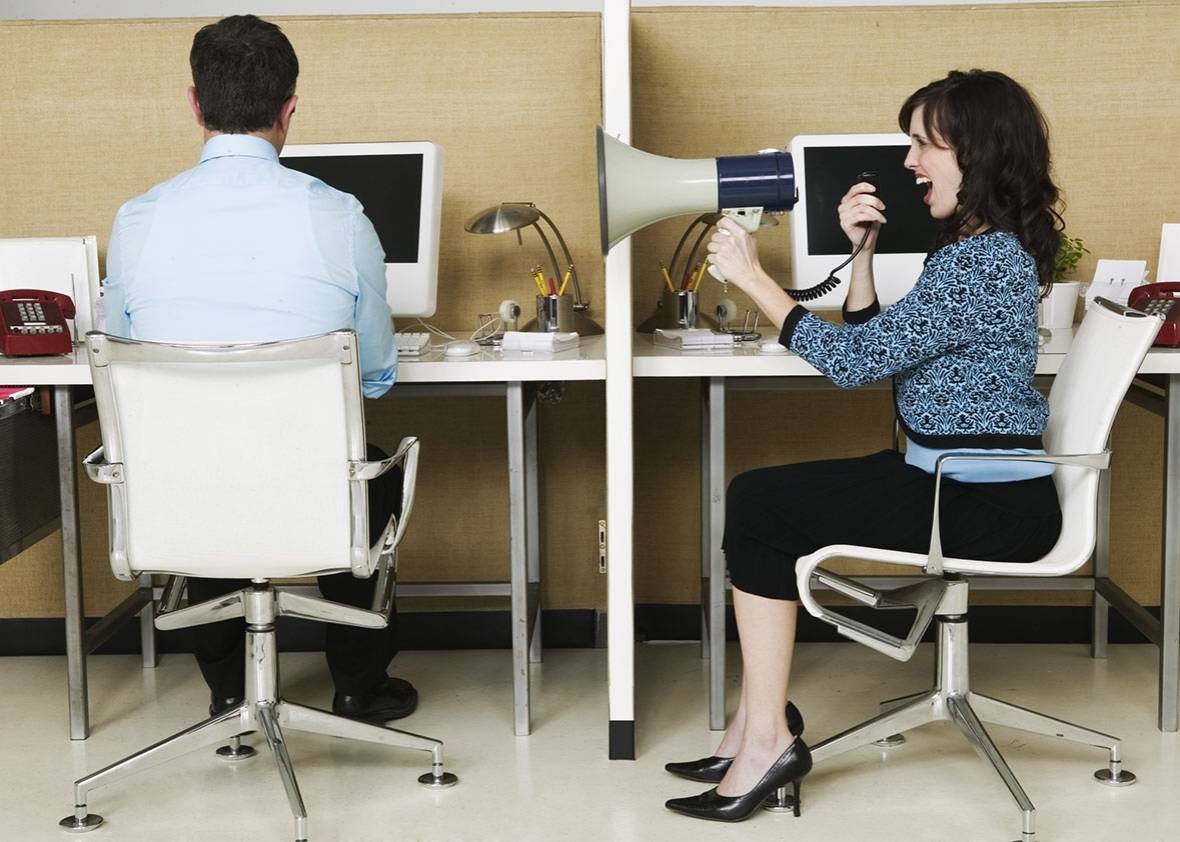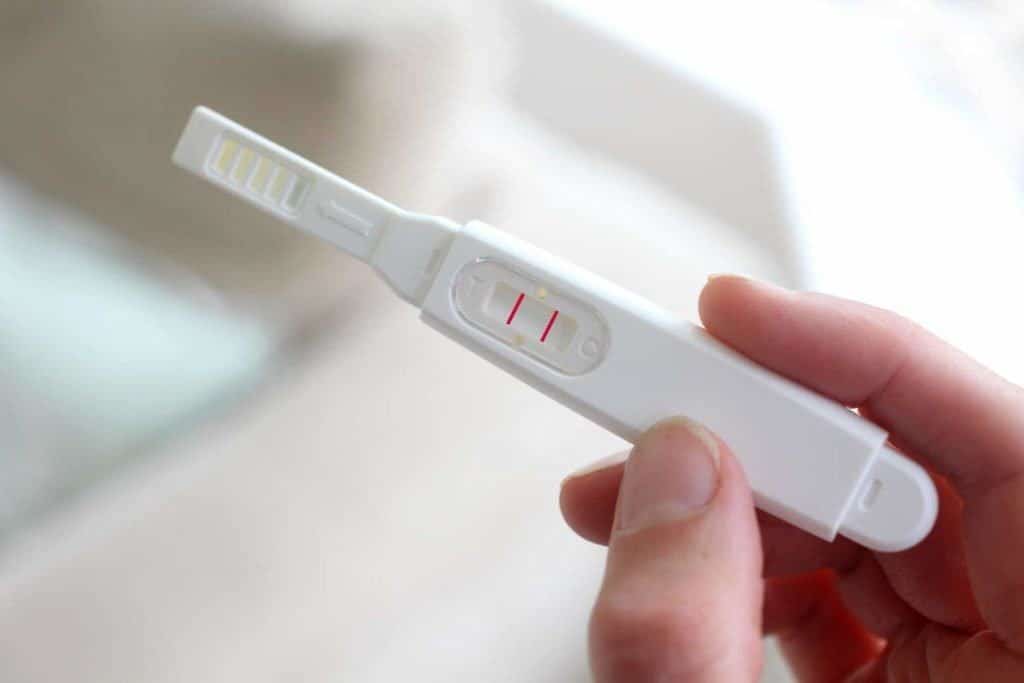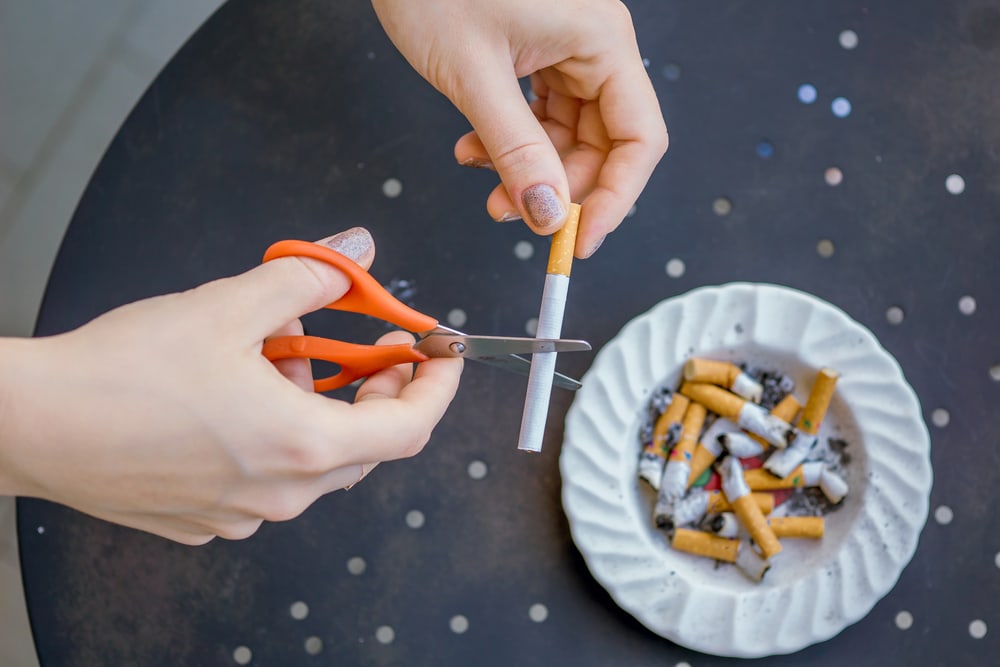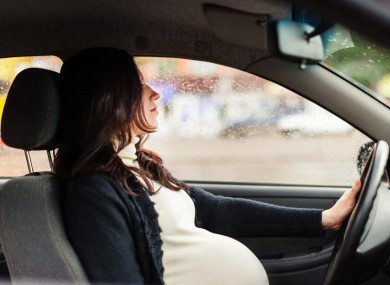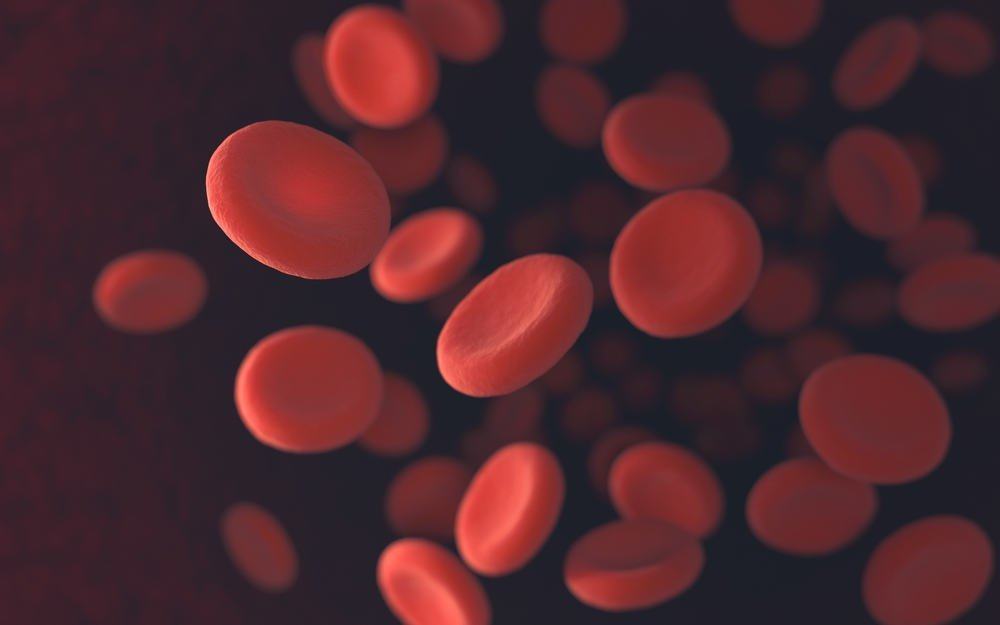Contents:
- Medical Video: The Secret Reason You Constantly Have to Pee
- What is urinary incontinence?
- What causes urinary incontinence?
- What are the types of urinary incontinence?
- How to diagnose urinary incontinence?
- Can urinary incontinence be treated?
Medical Video: The Secret Reason You Constantly Have to Pee
Have you ever found someone who often found it difficult to hold urine? Or maybe you yourself like this? This condition is known as urinary incontinence. Although this condition can occur in all people, both women and men, mothers who have just given birth often experience urinary incontinence. This is because of changes in the muscles in women who have just given birth.
What is urinary incontinence?
Urinary incontinence is the desire to urinate continuously without being able to hold it. As explained above, all ages can experience this condition, but it turns out that this condition is most often found in the elderly. In addition, for women over 60 years, the risk of experiencing incontinence is two times higher than for men.
There is a myth that penuan can cause urinary incontinence. In fact, this happens not because of aging itself, but because when age gets older, there is a decrease in urinary tract function. This condition is also affected by disorders of the body system, such as suffering from chronic diseases - which are commonly experienced by the elderly.
The process of storing urine occurs in the bladder. When there is a process of removing urine, the muscles in the bladder tighten, the urine is drained into the urethra. At the same time, the muscles around the urethra relax and urine is removed from the body. Whereas, in incontinence cases, the muscles relax without signs and can not be held back.
What causes urinary incontinence?
In general, incontinence can be caused by many things, such as urinary tract infections, vaginal infections, irritation, constipation, and drugs that have side effects on the bladder muscle ability. In the elderly, incontinence may occur more often. When the inability to hold urine occurs longer and often, it may be caused by:
- Weak bladder muscles
- Overactive bladder muscles
- There is nerve damage which functions to control urinary disease such as Parkinson's
- Blockages that occur due to enlarged prostate in men
It should be noted that older people tend to urinate more often at night because of changes in sleep-wake or circadian patterns (body clock), as well as changes in antidiuretic hormones (hormones that control the amount of fluid collected) and atrial natriuretic (hormones that control fluid balance), and the renin aldosterone system (a system that functions to control blood pressure in the body).
What are the types of urinary incontinence?
There are several types of urinary incontinence such as:
- Stress incontinence: there is pressure on the bladder and a leak can occur. This can occur due to stimuli such as exercise, coughing, laughing, sneezing or lifting heavy objects. Usually experienced by women at the age of 45 years or younger. Women who experience this are usually also caused by childbirth that has happened many times. Not only women, men can also experience this type.
- Urge incontinence: conditions that occur when a person suddenly wants to urinate and cannot be detained. Often, this condition is experienced by people with diabetes, Alzheimer's, Parkinson's, stroke and multiple sclerosis. Generally this condition is experienced by more than 45 and above. The signal sent for urination immediately cannot be explained by the body. This condition can be exacerbated by the presence of irritation of the bladder, such as cystitis, atrophic tissue caused by depletion of hormones, bladder tumors, and stones.
- Overflow incontinence: This condition occurs when there is a slight leak of urine from the fully filled bladder. A man can have a problem emptying his bladder when he has an enlarged prostate which causes a blockage in the urethra. Whereas in women, the weakness of the detrusor muscle (smooth muscle in the bladder) is still unknown. This incontinence can also be caused by diabetes and spinal cord injury.
- Functional incontinence: This type of incontenence is usually experienced by parents, who have the ability to withstand normal bladder. The problem faced is precisely the difficulty of going to the toilet due to certain diseases such as arthritis and disease which makes it difficult to move.
How to diagnose urinary incontinence?
You need to visit a doctor. Physical tests and recording of medical history may be carried out. In addition, the doctor will also ask about the symptoms and medications you are using. The test that will be undertaken can be:
- Urine and blood tests
- A test that measures how well you empty your urine
Can urinary incontinence be treated?
There are several treatments that can be given to you, but all depend on the cause of incontinence itself. Behind it all, there is a solution that can help you:
- Kegel gymnastics: this sport is mild. Hold muscles that make you hold or stop urine. The function of this exercise is to make the muscles hold longer when you need to go to the bathroom
- Biofeedback: This is one form of alternative medicine. Biofeedback can make you aware of the signals from your own body, but it also helps you to be able to re-control the muscles of the bladder and urethra
- Life style changesp: You can stop consuming alcohol, smoke and reduce consumption of caffeine. Caffeine is not only found in coffee, but also in tea and soda
Photo source: Cosmopolitan
READ ALSO:
- What Is the Result If We Often Hold Urination?
- 10 Causes of Frequent Midnight Urination
- Beware, Too Much Eating Jengkol Can Cause Kidney Failure

